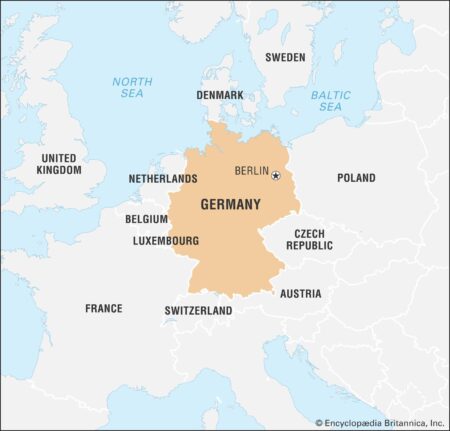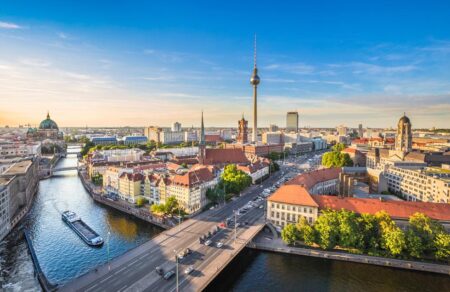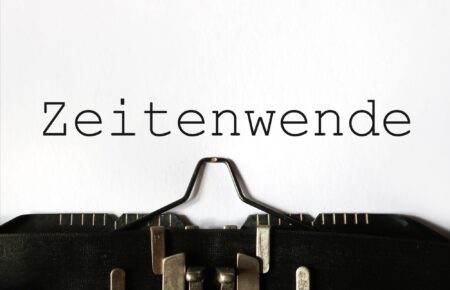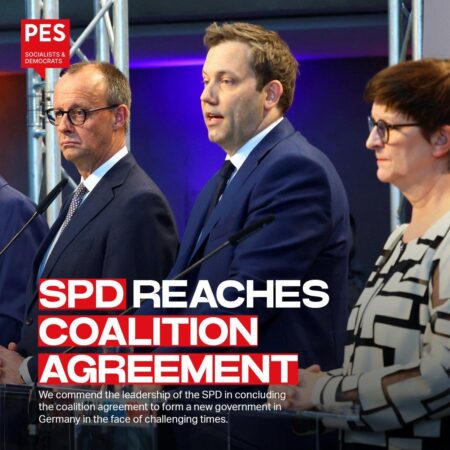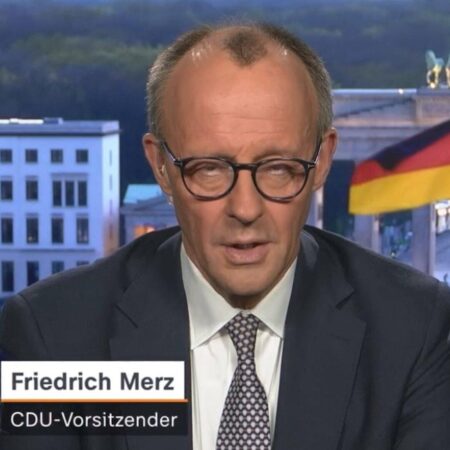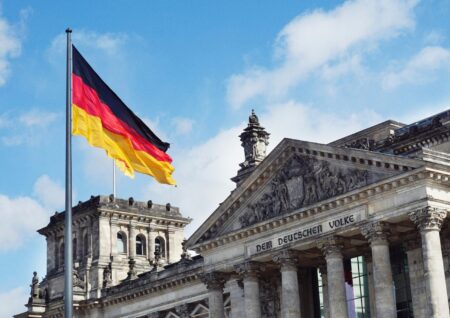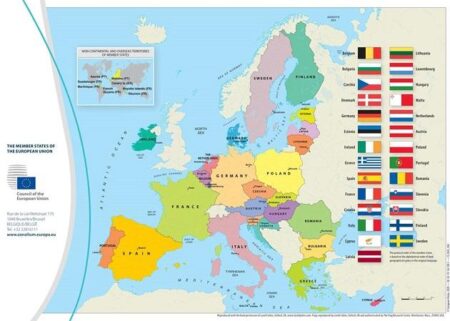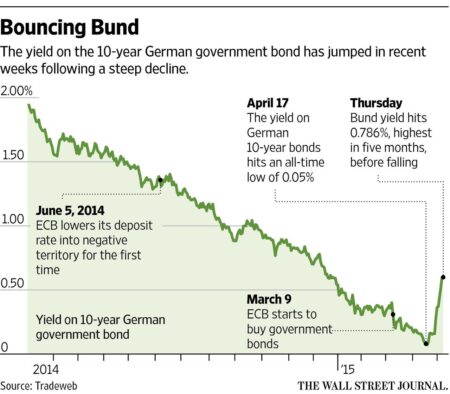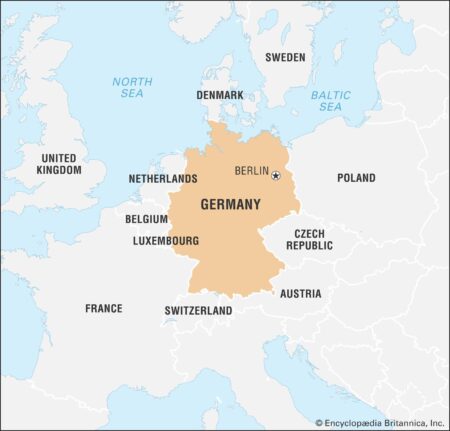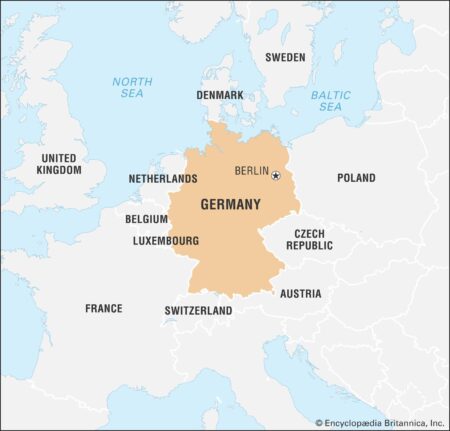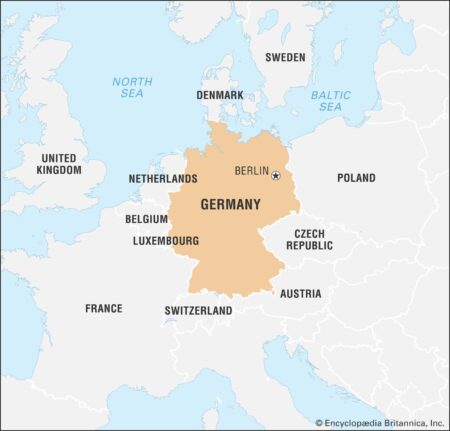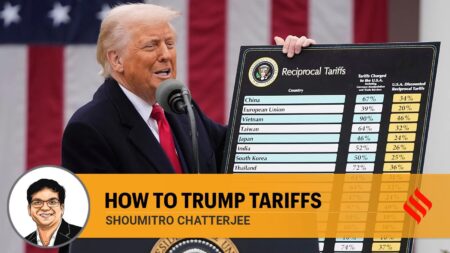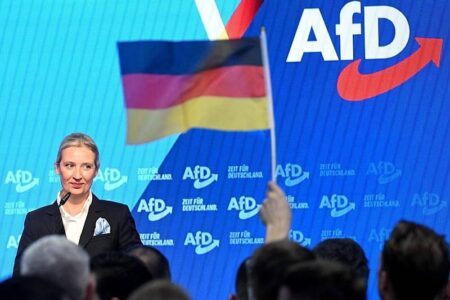Germany’s Federal Cartel Office has concluded its investigation into Google’s in-car services after the tech giant agreed to implement remedies addressing competition concerns. The decision marks a significant step in regulating digital services within the automotive sector.
Browsing: Germany
Germany is moving to deport four pro-Palestine activists amid heightened tensions surrounding the Israel-Palestine conflict. Officials cite concerns over public safety and incitement. The decision has sparked debate over freedom of expression and political dissent.
Dimethylcyclosiloxane prices have declined in Germany and the U.S. due to soft demand and abundant supply, according to ChemAnalyst. The market’s shift reflects changing industrial needs amid a broader economic slowdown.
Germany’s Friedrich Merz has warned that proposed tariffs by former President Trump could ignite a financial crisis, jeopardizing global trade stability. He emphasized the need for diplomatic solutions to avoid escalation and protect economic interests.
Germany’s Friedrich Merz is poised for election as chancellor on May 6, according to sources. His leadership marks a significant shift in the political landscape, as he aims to unify the party and address pressing national issues amid ongoing challenges.
Marcus Jones and Cole Strange of the New England Patriots recently participated in the Flag Football Fest in Frankfurt, Germany. The event aimed to promote the sport and deepen the Patriots’ ties with fans in Europe, showcasing the team’s commitment to global outreach.
Firefighters in western Germany are battling multiple wildfires as dry conditions and high temperatures fuel the flames. Emergency services have mobilized extensive resources to contain the blazes, which threaten local communities and wildlife.
The “Zeitenwende” in German foreign policy marks a significant shift, as Berlin reassesses its role in global security. Prompted by recent geopolitical tensions, Germany is poised to enhance military spending and assertiveness on the world stage.
Germany’s latest coalition contract reveals significant cuts to its aid budget, raising concerns among development organizations. As the government seeks to streamline expenditures, advocates warn that reduced funding could undermine global humanitarian efforts.
In a significant political shift, a coalition deal in Germany has paved the way for Friedrich Merz, leader of the Christian Democratic Union, to ascend as Chancellor. The agreement marks a crucial moment for the CDU, reshaping Germany’s political landscape.
In a significant shift in German politics, the far-right Alternative for Germany (AfD) has topped the polls for the first time, posing a challenge to Chancellor-in-waiting Friedrich Merz. This development signals rising support for nationalist sentiments amid national debates.
Germany’s incoming Chancellor Friedrich Merz has revealed a new coalition government amid rising economic concerns, as fears of a recession loom. The recent reimposition of Trump-era tariffs intensifies uncertainties in the European economy.
In response to rising global trade tensions, EU countries are implementing protective tariffs to shield domestic industries. This move aims to bolster competitiveness and safeguard jobs, signaling a shift towards more aggressive trade defense strategies.
In a flight to safety amid global economic uncertainty, investors are increasingly turning to German government bonds. With their reputation for stability, these bonds offer a refuge from market volatility, reflecting growing concerns over inflation and geopolitical tensions.
Germany’s opposition leader, Friedrich Merz, has unveiled a coalition deal aimed at stimulating economic growth and addressing migration challenges. The agreement seeks to unite various factions in a bid to bolster Germany’s stability and prosperity.
A recent map reveals the extent of gold reserves stored by various countries in the United States, highlighting Germany’s consideration of repatriating its gold. As global economic concerns rise, this move sparks debate on the security and accessibility of national assets.
Germany has officially formed a new government, unveiling plans to reduce corporate taxes as part of its economic strategy. The move aims to boost investment and competitiveness amid global economic challenges, signaling a shift in fiscal policy.
Germany’s Friedrich Merz has finalized a coalition deal aimed at addressing the rising challenges posed by a resurgent Trump administration. The agreement underscores the urgency for European leaders to unify against potential political shifts across the Atlantic.
German chancellor-designate Friedrich Merz emphasized the advantages of EU unity in response to shifting Trump tariffs. He highlighted that a coordinated stance among member states can better protect their economies against external pressures.
The Alternative for Germany (AfD) has surged to prominence, becoming the country’s most popular party amid rising concerns over immigration and economic instability. Analysts attribute this momentum to a growing discontent with traditional political parties and their handling of pressing issues.


